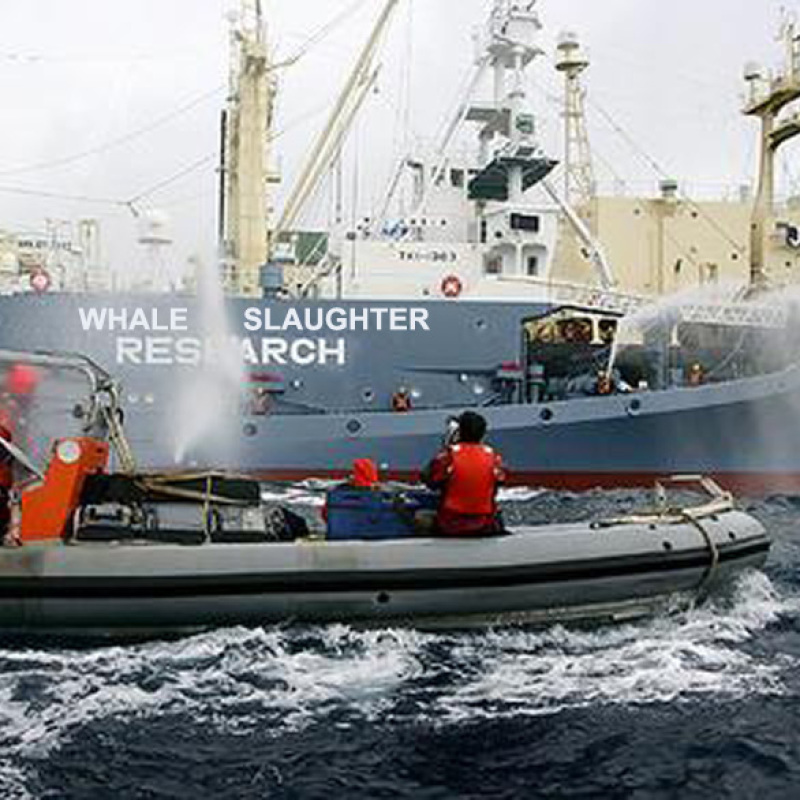

The United Nations' International Court of Justice ruled that Japan has been taking advantage of a 1986 moratorium regarding the suspension of whale hunting in the area through scientific expeditions.
Japan announced that it has reduced its whale hunt quota in the Antarctic to prove that its marine vessels are conducting genuine scientific expeditions, The Guardian reported.
The country's move comes months after the United Nations' International Court of Justice ruled that Japan has been taking advantage of a 1986 moratorium regarding the suspension of whale hunting in the area. Despite the suspension, the court said Japan continued its hunting operations by disguising them as scientific expeditions.
It was revealed that through the government-funded expedition vessels, Japan operated by capturing whales for research then selling the animals' by-products or meat for commercial purposes.
Members of the court emphasized that countries must first justify before the United Nations the need the kill whales for research purposes before being allowed to conduct such scientific expeditions.
Following the court's ruling, Japan cancelled its whaling operations for this year until 2015, according to Time.
In addition, in an effort to prove to the United Nations and other environmental organizations that its operations are nothing more but research expeditions, Japan decided to cut down its hunt quota by two-thirds.
The country said it will continue to operate starting on 2015 in the Antarctic with an annual goal of 333 minke whales instead of previous target of 900.
In 2013, Japan was not able to meet this quota and killed 251 whales due to constant interference from the marine activist group Sea Shepherd Conservation Society, Discovery News reported.
The new quota and details of Japan's 2015 to 2016 whaling operation were included in a plan submitted to the International Whaling Commission.
Japan noted that its expeditions are meant to study the age of whale populations in the area. With this information, the country will be able to impose catch limitations to maintain sustainability.
"We will explain the new plan sincerely so as to gain understanding from each country," Koya Nishikawa, Japan's Minister of Agriculture, Forestry and Fisheries said.

















